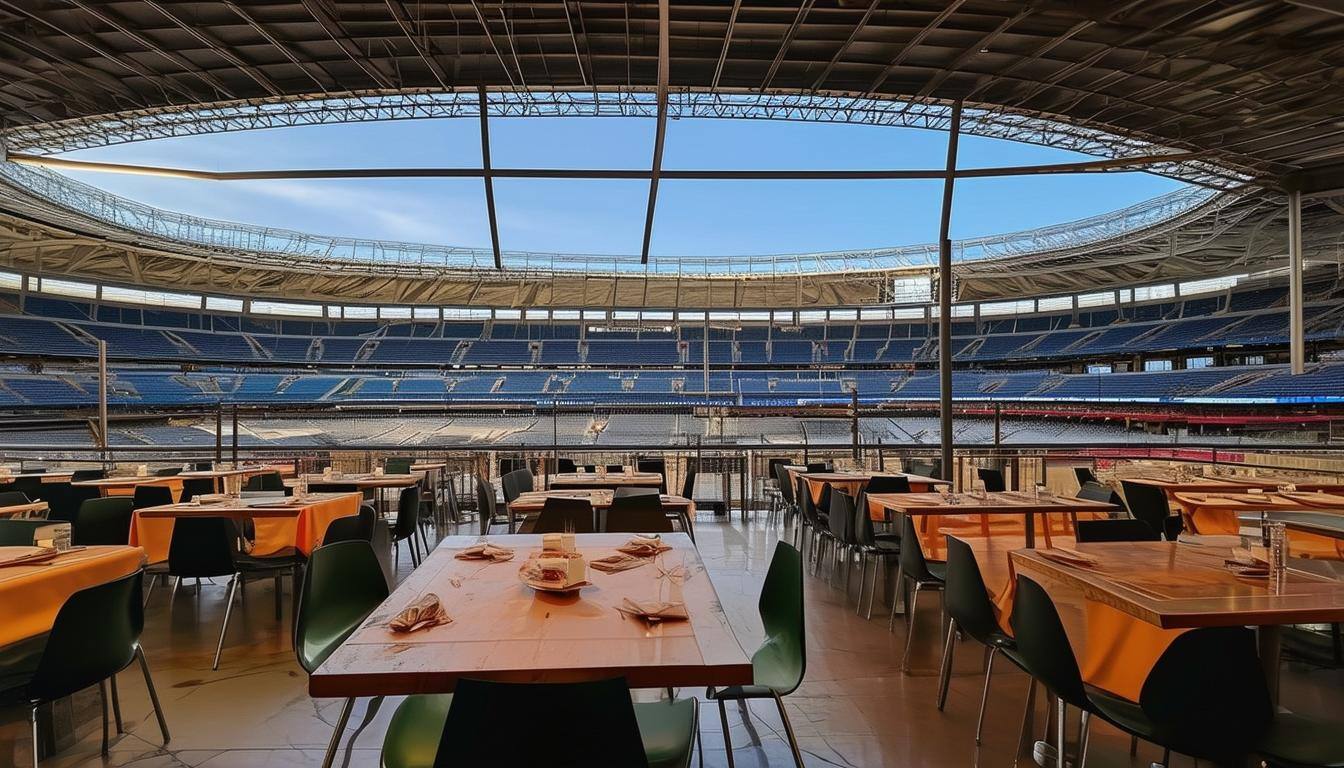
- Home
- Crunchtime Blog
- New from Zenput: Scaling Personalization with Attributes and Calendar Events

New from Zenput: Scaling Personalization with Attributes and Calendar Events
If you have stores that open or close at different hours, have unique weekly rushes, or are closed on certain days – how you assign tasks and critical operations work can be a big challenge. Although brands mostly strive for standardization across locations, a store inside an airport may have different hours of operation, while a store next to a baseball stadium may have unique expected “rush” times.
As restaurant brands grow, it can become increasingly difficult to mold operating procedures to the unique needs and personality of each location —but businesses that don’t scale this the right way run into several risks:
- Store teams may create their own ad hoc processes to deal with their locations’ attributes and fail to meet brand standards
- Reporting may be inaccurate when stores miss tasks or projects that were never meant to apply to them
- Not using the right tool to automate this and adjust projects individually leads to wasting a lot of time on administrative tasks
In Zenput, one way our customers use automation to personalize projects by location is by using Attributes. The Attributes tab can be used to assign projects and/or announcements based on specific characteristics of a location, e.g., those with drive-thrus, patios, mall locations, etc.
We’ve now added a new location attribute called Calendar Events. Calendar Events allow customers to more accurately assign projects and tasks to their stores based on an event, which might happen at different times across different locations, such as:
- Store opening
- Store closing
- Pre-rush
- Employee shift start and end
This feature empowers businesses to better align their workflows with their operational realities, particularly for those with non-traditional hours or unique scheduling needs.
How it works: Calendar Events for project and task assignment
- Admins can manage store operating hours and Calendar Events in the user interface using a time selector, without any assistance from CSMs.
- Calendar Events that span days can be applied to individual locations (e.g., my store opens at 5 a.m. on Monday and closes at 1 a.m. on Tuesday).
- Projects that have tasks assigned to start and end by Event, will now show all Calendar Events options included in the dropdown for Event/Time.
- In the UI, a Calendar Event can be created for a location if that Calendar Event already exists for another location within the company.
- If a project starts and ends tasks by Event, any location with that Calendar Event will be assigned tasks–even if the location is assigned the Calendar Event attribute after the project has started.
- If you open new locations, you will not need to do another import for the Calendar Events. You’ll just go to that location via Locations > (select location) > Edit Attributes > and select the Calendar Event from the dropdown to add it to the location.
Balancing standardization with the unique needs of each location is critical for operational success. Not only will brands be more empowered to continue growing their location count under a variety of different conditions, store teams will be able to deliver customer experiences that feel more seamless.
For Zenput customers looking to get started with Calendar events, watch this short video for more details on the process. To get started with Zenput and learn how you can start driving quality task execution in every store, request a demo.
Share this post
Related

![[New Research] 3 Key Technology Benchmarks for Multi-Unit Restaurants](https://www.crunchtime.com/hs-fs/hubfs/2023-Restaurant-Ops-Report-Ebook-1.png?length=720&name=2023-Restaurant-Ops-Report-Ebook-1.png)
[New Research] 3 Key Technology Benchmarks for Multi-Unit Restaurants


